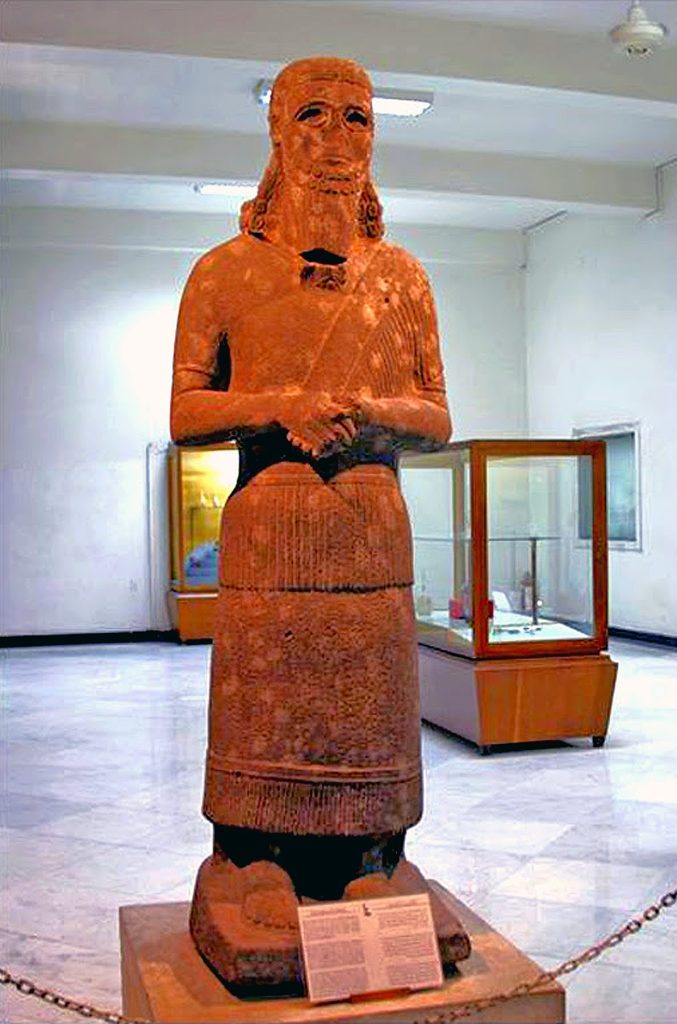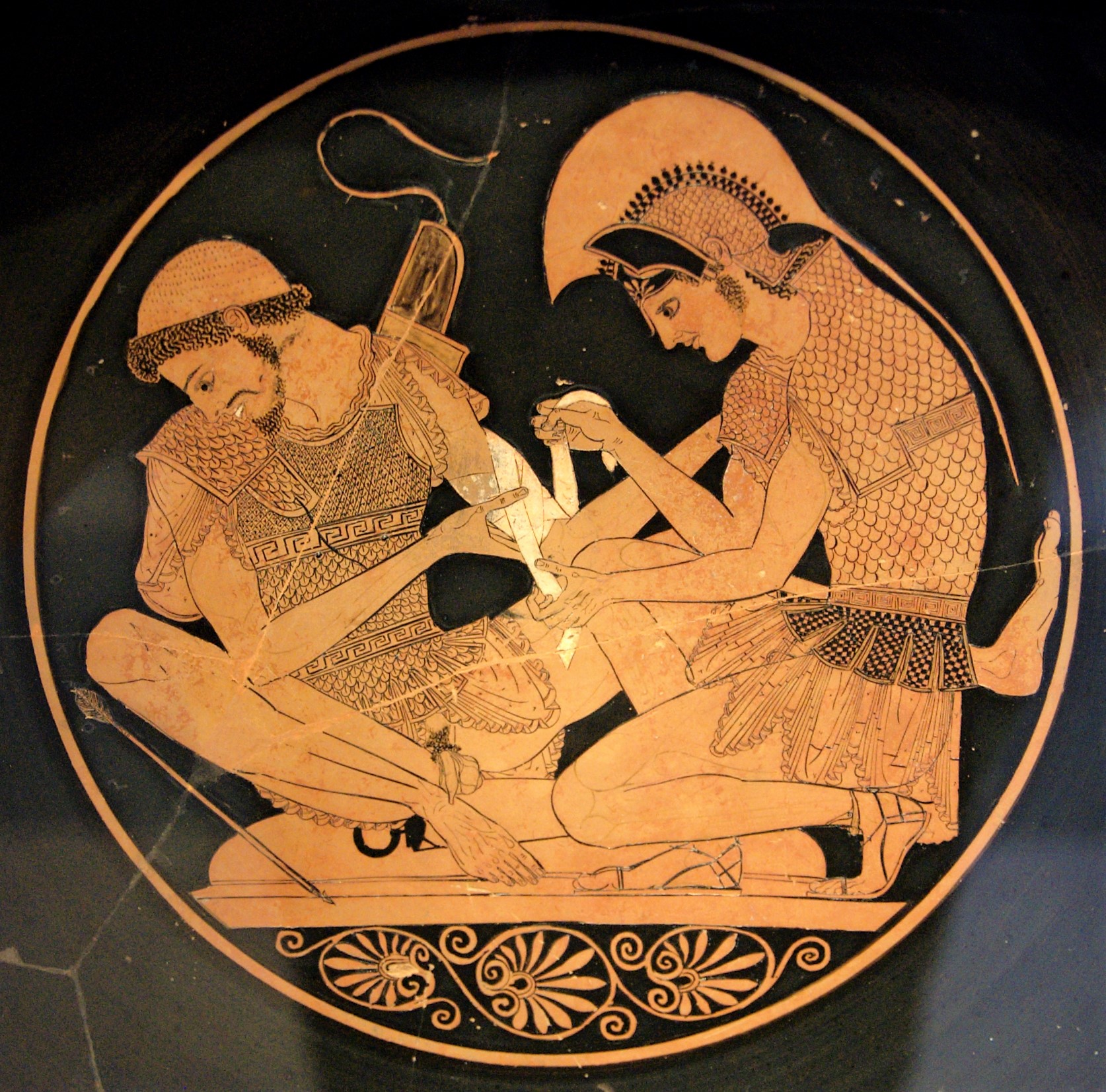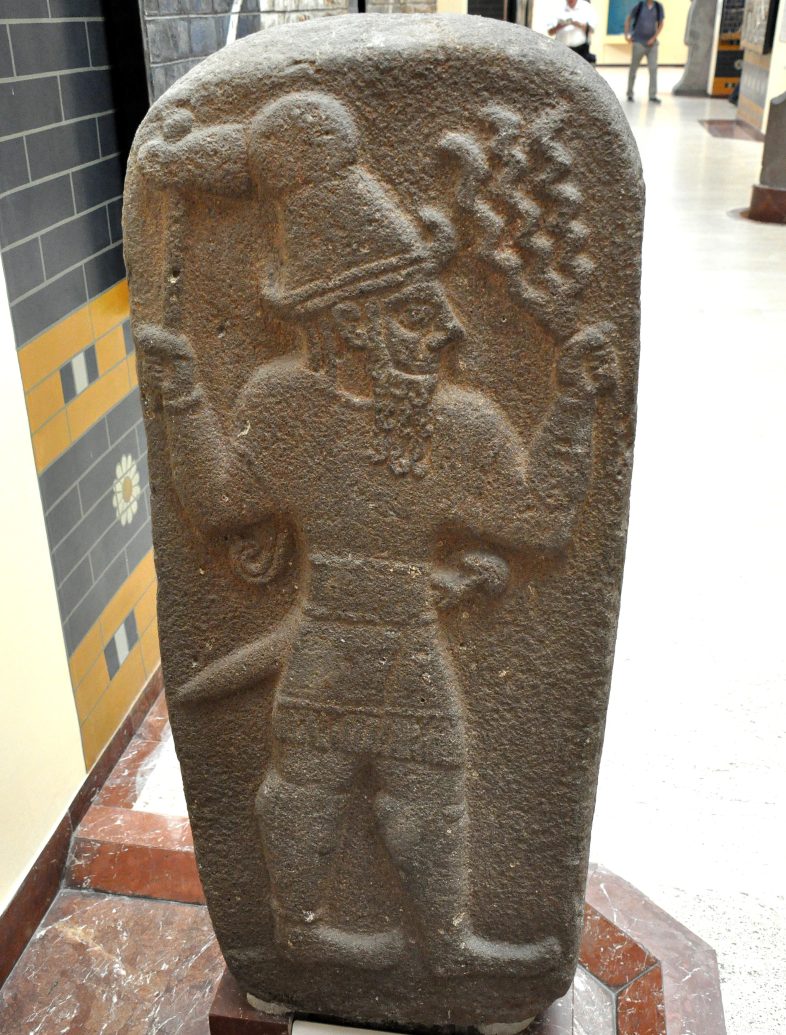
God Hadad > Adad > Ad > Adam >
The simple reasons why we are able to distinguish between God and Satan, John and Thomas, Sally and Jane is because each was assigned a unique name constructed of unique biliteral roots. Mistaking God for Satan and Jane for Sally is unusual. If that were to happen with the famous names of history and religions we may have neither history nor religions.
The function of Applied Biliteral Etymology (ABE) is very simple. A proper noun, a place name, a common noun, etc., is investigated for its biliteral root or roots. Once determined further enquiries become possible such as the type of linguistic structure used, the approximate era of usage, the connection it may have with other information in the relevant text and any possible support of the finding of ABE by archaeological finds, scientific investigation and historical comparative records.
For ABE analysis and investigation a large number of resources are used including popular “informative snacks” provided by Wikipedia and other online points. These are available for anybody who wishes to seek them and attempts in all cases are made to check the basic details provided with authoritative sources.
Does that mean ABE is based on a set of etymology laws?
Simply put, it all depends on the quality of the provided material. Though words do not lie the people who use may be motivated by a number of reasons to twist and re-state the language material they employ.
For the name Odyssey (/ˈɒdəsi/; this:
this: Greek: Ὀδύσσεια Odýsseia, pronounced [o.dýs.sej.ja] in Classical Attic) is one of two major ancient Greek epic poems attributed to Homer.
For the Iliad (/ˈɪliəd/; this:
Ancient Greek: Ἰλιάς Ilias, pronounced [iː.li.ás] in Classical Attic; sometimes referred to as the Song of Ilion or Song of Ilium)

Achilles tending Patroclus wounded by an arrow, identified by inscriptions on the upper part of the vase. Tondo of an Attic red-figure kylix, ca. 500 BC. From Vulci. Via Wikipedia
ʼD/Ad?Adad?Adonai/Hadad
This bilateral, vocalised for the purpose of this post “Ad”, is the name of a nation and the name of its founder. The name of the founder was used by his successors. This explains why the name of the founder was used by his successors thousands of years later. The use of the same name of the founder or famous kings was a tradition in ancient times and it is used in certain cases today. Several Pharaohs used the name Ramses, the founder of the dynasty. The people are called the Adites, after the name of the founder. If we think of the Adites in terms of the modern Caucasians division, they would include both the “Aryans” and the Semites but not the Hamites.
Nobody in history is more famous than Ad, so much so that his name even today is still his prehistoric name, a bilateral root although a later variation, Adad, is sometimes used. Ad has the largest linguistic cluster in ancient Arabian, and probably a name more attested in Akkadian than any other. The name by itself is a proper noun. It may have meant something thousands of years ago but we have not identified any. However, Ad was associated with a large number of actions and concepts, some of the meanings of which are entries in Arabic dictionaries entries of his name.
Because a root is the original communicative container, later derivatives from his name are many and exceptionally significant due to their intellectual, cultural, social, humanistic, religious and behavioural expressions and concepts. IL, the name for God in Judaism, Christianity and Islam was invented by the nation of Ad. More important, in non-religious fields, are a number of linguistic clusters that include ʼR/Rʼ and ʼŠ/Šʼ, both adequately covered in earlier posts links for which will be provided at the end of this post.
Last modified: June 30, 2024


